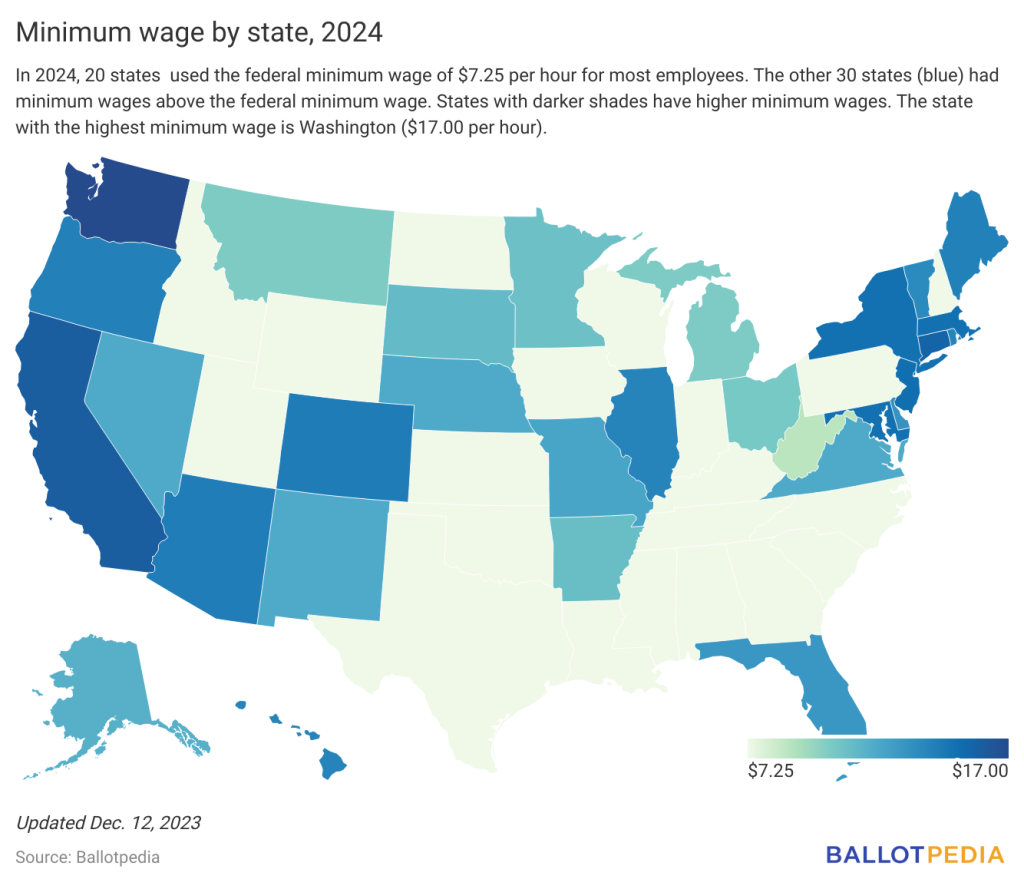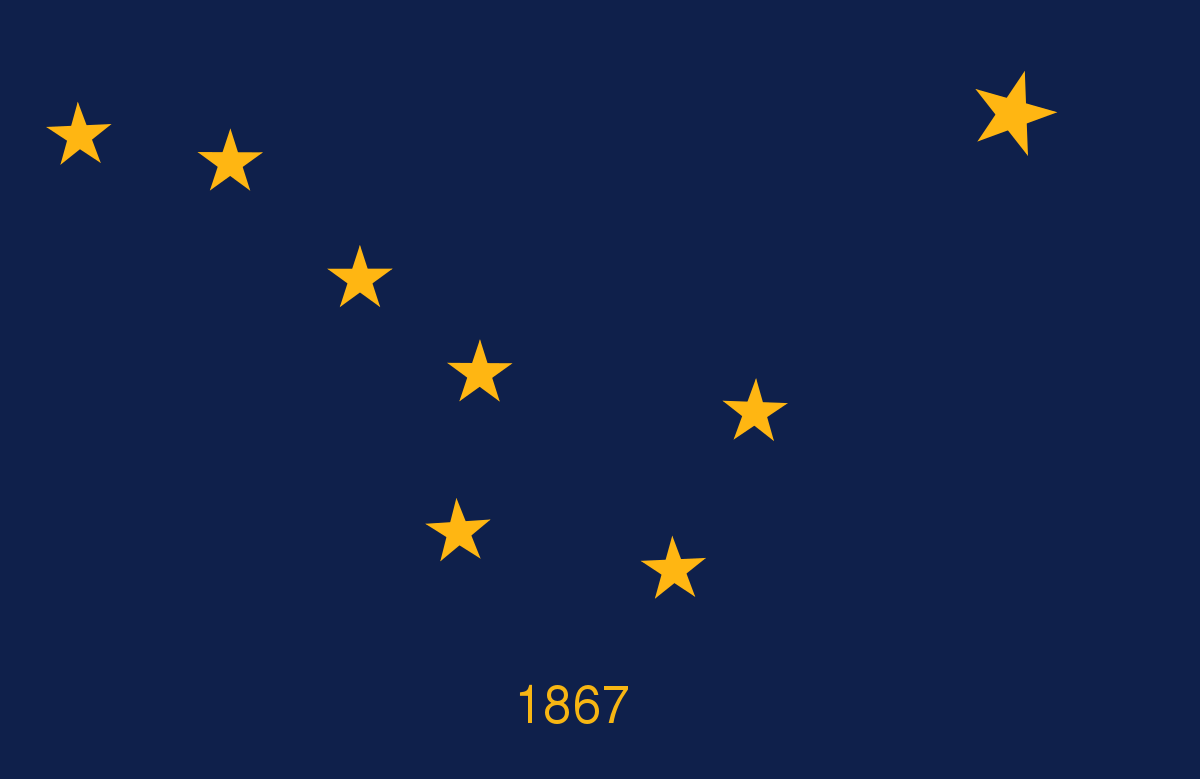On Jan. 10, the Better Jobs for Alaska campaign submitted more than 41,000 signatures for an initiative that would increase the minimum wage to $15 an hour. The initiative may appear on the Nov. 2024 general election ballot.
The initiative would increase the minimum wage to $15 per hour by July 1, 2027. It would also provide employees the ability to accrue a certain amount of hours of paid sick leave per year depending on how many employees their employer has. If the person’s employer has 15 or more employees, the employee could accrue up to 56 hours of paid sick leave per year; and if the person’s employer has under 15 employees, the employee could accrue up to 40 hours of paid sick leave per year. The initiative would also prohibit employers from taking adverse action against employees who refuse to attend employer-sponsored meetings regarding religious or political matters.
The current minimum wage in Alaska is $11.73, and Alaska is one of 25 states that saw a minimum wage increase in 2024. From 1996 to 2022, there were 28 minimum wage increase measures on the ballot. Voters approved 26 (92.86%) and rejected two (7.14%). The last time that voters rejected a minimum wage increase measure was in 1996, when measures were defeated in Missouri and Montana
In 2014, Alaska voters approved an initiative by 69.4%-30.7% that increased the minimum wage from $7.75 per hour to $9.75 over three years. That initiative also allowed the minimum wage to be adjusted based on inflation, or to remain $1 higher than the federal minimum wage, whichever amount is greater.
For the initiative to get on the 2024 ballot, a minimum of 26,705 valid signatures are needed. If enough signatures are determined to be valid, the initiative will go to the Alaska State Legislature. The Legislature can either approve the initiative or let it go to the ballot for voters to decide.
A minimum wage increase measure may appear on the 2024 ballot in six other states—California, Massachusetts, Michigan, Missouri, Ohio, and Oklahoma.

Additional reading:


